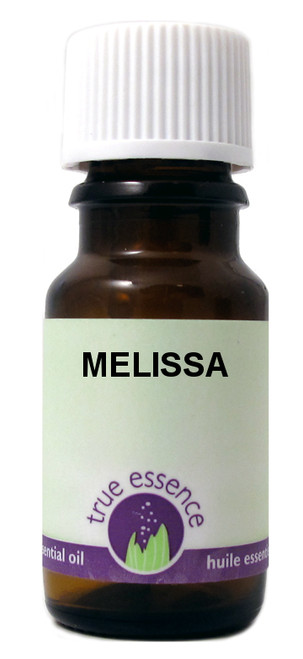Product Description
Product Name: Sage Dalmatian (Wild) EO
Latin Name: Salvia officinalis
Country of Origin: Greece
Method of Extraction: Steam Distilled
Cultivation: Wild
General Description: Sage Dalmatian essential oil is steam distilled from the leaves of the Salvia officinalis plant, which is a member of the Lamiaceae family. The plant is native to the Mediterranean region and is known for its therapeutic properties. The oil has a fresh, herbaceous, and slightly camphoraceous aroma.
Notes: Middle
Common Uses: Sage Dalmatian essential oil is known for its anti-inflammatory, antifungal, and antimicrobial properties. It is often used in natural remedies for respiratory and digestive problems, as well as in skincare products for its antibacterial and antiseptic effects. It is also commonly used in aromatherapy to improve mental clarity, reduce feelings of stress, and promote relaxation.
Characteristics: Sage Dalmatian essential oil is a thin, clear, and colorless liquid. Its aroma is fresh, herbaceous, and slightly camphoraceous.
Blends with: Sage Dalmatian essential oil blends well with other herb and spice oils, as well as with citrus and floral oils, such as lemon, lavender, and geranium.
Cautions: Sage Dalmatian essential oil is generally considered safe for use. However, as with all essential oils, it should be diluted in a carrier oil before being applied to the skin. It may cause skin irritation in some individuals. It should also be avoided during pregnancy and by individuals with epilepsy.
Spiritual: Sage Dalmatian essential oil is believed to help promote mental clarity and emotional balance. It is associated with the Third Eye and Crown Chakras, which are linked to intuition, wisdom, and spiritual insight.
History: Salvia officinalis has been used for its therapeutic properties in traditional medicine for centuries. Sage Dalmatian essential oil is a popular ingredient in natural remedies for respiratory and digestive problems, as well as in skincare products for its antibacterial and antiseptic effects. The Wild cultivation method means that the essential oil is sourced from wild-grown plants, which may offer a more sustainable and ethical option compared to traditional farming practices.












